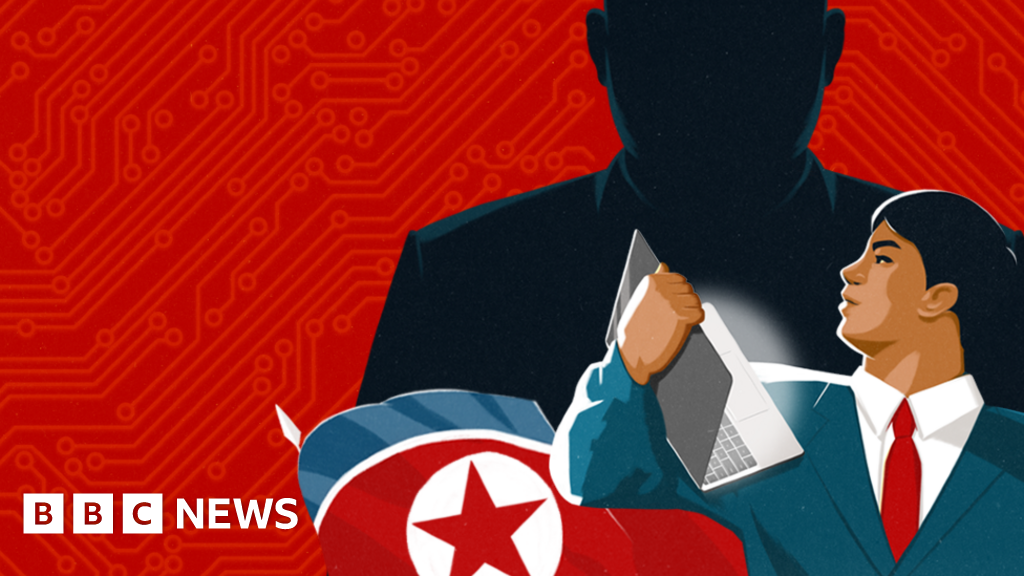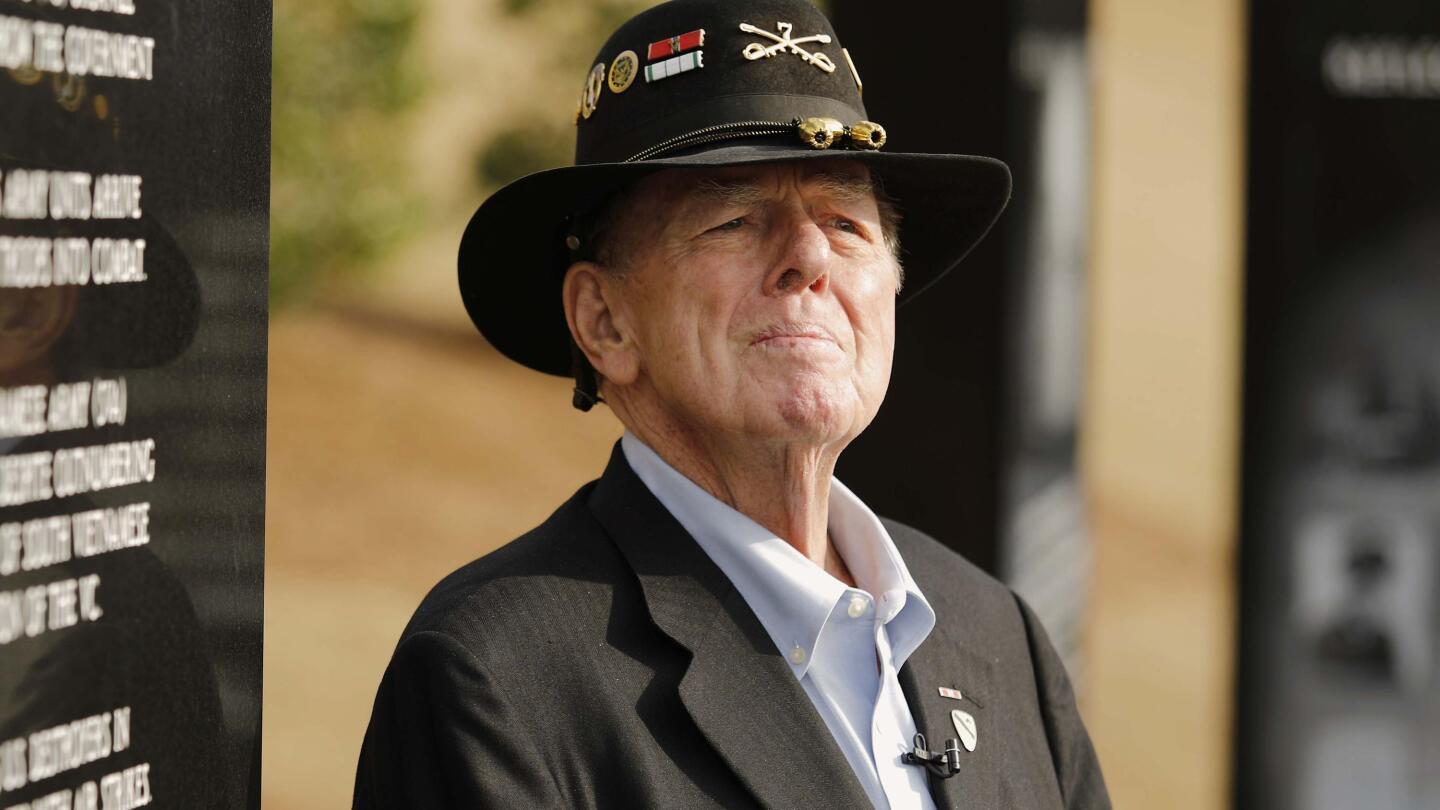
Elite Misalignment - American Compass
During his confirmation hearings to be President Eisenhower’s Secretary of Defense, General Motors President Charles Wilson famously told Congress, in response to questions about conflicts of interest between GM and America: “For years I thought what was good for our country was good for General Motors, and vice versa. The difference did not exist. Our company is too big. It goes with the welfare of the country.”
At the time, what he said was basically true. The interests of the American elite, such as corporate CEOs, were essentially aligned with that of America as a whole. If GM wanted to sell cars, it needed citizens who could afford to buy them, making American prosperity paramount. At the same time, GM’s workforce was almost entirely North American. And GM made most of the components that went into its cars itself, here in the United States and Canada. Hence, if GM succeeded in sales and profitability, that would result in many more good-paying jobs for workers (and great pay for executives). To be sure, there were conflicts between GM’s shareholders and its workers over how the profits should be divided, often leading to acrimonious strikes. But it was very possible for there to be a win-win-win outcome in which shareholders and management, production workers, and America as a whole all succeeded together.
In an era of financialization, outsourcing, and globalization, this is no longer true. Companies and their shareholders can reap enormous gains without broad-based American prosperity. They can grow while reducing the number of well-paid workers in the U.S. and instead shipping manufacturing to China, IT to India, and customer service to the Philippines. With the threat of this type of offshoring hanging over their heads, workers have much more limited leverage to obtain a better distribution of profits for themselves.






















